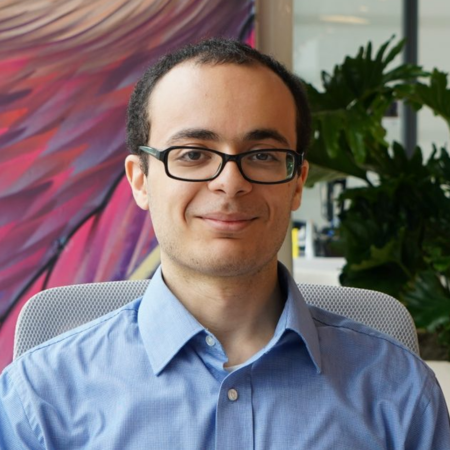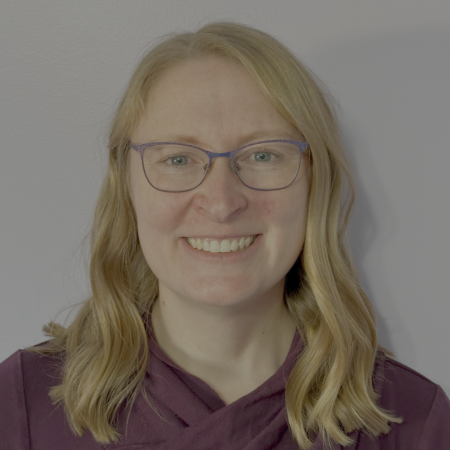Experiences of the children of anti-vaccine activists in Canada, 1982-2004
This project explores the impact of anti-vaccine activism on activists’ children, c.1982-2004. Derek’s doctoral research on late twentieth-century Canadian anti-vaccine activism revealed a surprising fact: a number of anti-vaccine activists’ now-adult children had chosen to receive vaccinations in adulthood. By interviewing the adult children of anti-vaccine activists, Derek aims to understand how they adopted or resisted parental beliefs…
Read MoreThe tides of trust: A diachronic analysis of trust and the social contract in Canadian health journals
Public trust in Canadian medical leaders and institutions has significantly declined, impacting vaccine uptake and public health crisis responses. Mohamed’s project will investigate how foundational concepts of the “clinician social contract,” such as trust, professionalism, and accountability, have evolved in Canadian and American medical literature from 1900-2025. Using large language model (LLM)-based tools, Mohamed’s team…
Read MoreFacilitating code status companion – using AI to support compassionate decision – making in end of life care
People deserve dignity and respect when making critical end-of-life decisions, like whether to receive cardiopulmonary resuscitation (CPR). However, hospital policies often require rushed conversations leading to decisions that do not reflect people’s true wishes. To address this, Kieran and his team will analyze CPR policies across Ontario hospitals and develop the artificial intelligence (AI)-based Code…
Read MoreSupporting the breast cancer journey through co-creation of a compassionate nurse-led digital program
Many people diagnosed with breast cancer face difficulties after finishing hospital-based treatment as they transition into primary care. Whether they continue on long-term hormone therapy or have completed treatment after surgery and radiation, many feel unprepared, unsupported, and lost. Ongoing side effects, like fatigue, joint pain, or emotional distress, can affect quality of life and…
Read MoreHarnessing AI for compassionate care: Identifying and supporting patients with social determinants and medical complexity
The ability to identify and address social determinants and factors which address patient complexity and vulnerability prior to a discharge from hospital is challenging in clinical practice. Yet addressing these very social determinants is critical to providing more compassionate care plans to address post discharge needs. Social needs like financial or housing security, language preference…
Read MorePrompting compassion: Mitigating stigmatizing language related to mental illness with generative AI
Using stigmatizing language to describe patients with mental illness can cause harm. Stigmas are shared perceptions that certain individuals are less deserving of compassion and care, which can impact the way patients are treated by healthcare providers. Stigmas can be reinforced through health record documentation, when patients are discredited, blamed, or assigned negative characteristics. The…
Read MoreScaling with compassion: Exploring patient partner’s perspectives on sustaining compassionate care while scaling AI and digital health innovations
To achieve population-wide benefits, artificial intelligence and digital healthcare tools and services must scale to new settings without losing their impact. Celia and her team’s goal is to identify challenges and facilitators to maintaining compassionate care throughout the scaling process, based on the experiences of 15-20 people with lived/living experience who have partnered on scaling…
Read MoreLeveraging technology to foster self-compassion and community support for Canadian Muslim youth mental health
The mental health of Canadian Muslims has recently become a growing concern, with many facing unique challenges at the intersection of faith, culture, and modern life. Therefore, Ahmed’s study aims to evaluate a novel approach, a customized faith-sensitive mindfulness app, with state-of-the-art artificial intelligence, designed specifically for Muslim youth, as a tool to cope with…
Read MoreEngaging in deliberative dialogue to co-design a digital technology to facilitate serious illness conversations and advanced care planning with racialized populations in primary care
Serious illness conversations (SIC) are critical for empowering patients to make informed decisions, aligned with their values and goals. However, these conversations are distressing for patients and families, particularly those who experience discrimination. Racialized people are more likely to receive aggressive care and to die in an ICU, due to care delays, communication difficulties and…
Read MoreFostering compassion in AI-assisted clinical documentation: A mixed methods investigation of the role of critical reflection
Clinical documentation, such as chart notes and reports, can enable or constrain compassionate care. As ambient artificial intelligence (AI) takes on the task of writing clinical documentation, clinicians must be prepared to critically reflect on AI-generated documents to ensure they uphold their compassionate aims. Critical reflection involves thoughtfully examining assumptions and power dynamics shaping care.…
Read More










